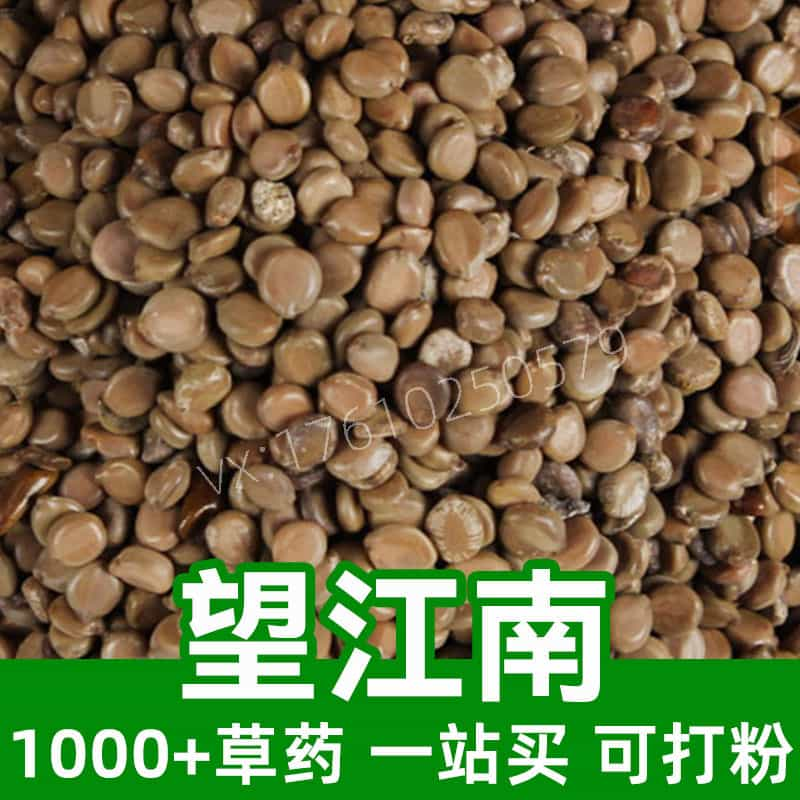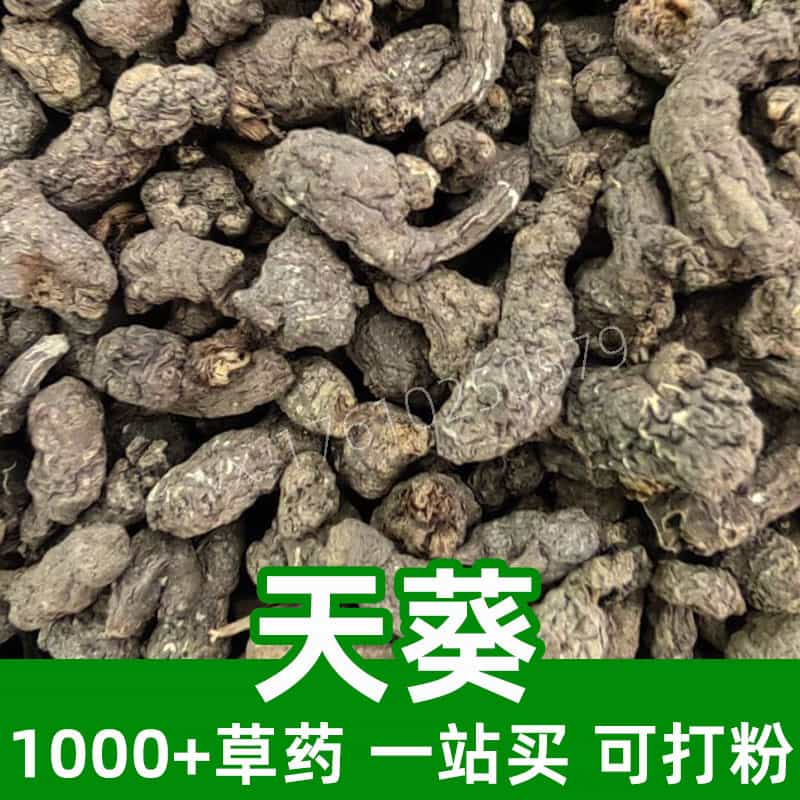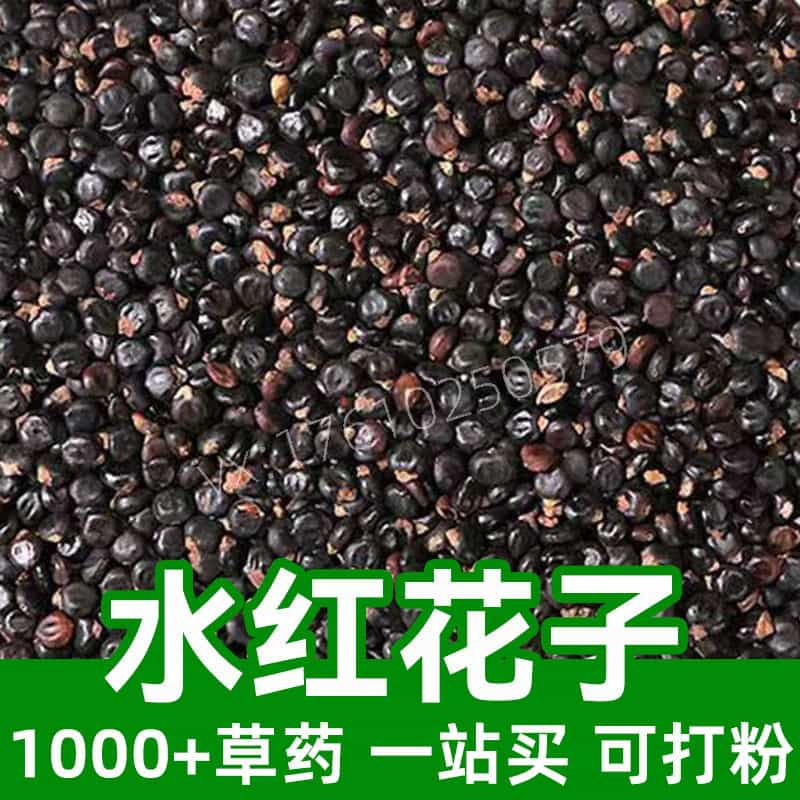Product Introduction
Lotus seed crushed is a versatile ingredient renowned in traditional Chinese medicine and culinary practices. Sourced from the lotus plant, specifically Nelumbo nucifera, these seeds are recognized not only for their delicate flavor but also for their nutritional value. The seeds are harvested and processed into a crushed form, which allows for easier incorporation into various dishes and herbal formulations. Lotus seeds have a rich history of use, often celebrated for their calming properties. They are powered by essential nutrients, including amino acids, vitamins, and minerals, making them a popular choice among health-conscious consumers. In addition to their nutritional benefits, lotus seeds are often used to enhance digestive health, promote relaxation, and support overall wellness. Their inclusion in soups, pastries, and traditional desserts reflects their versatility in the culinary world, while their significance in herbal medicine highlights their importance in holistic health practices.
Main Active Ingredients
The primary active components of crushed lotus seeds include a unique blend of proteins, polysaccharides, and essential fatty acids, which collectively contribute to their health-promoting benefits.
- Proteins: Lotus seeds are a good source of plant-based protein, providing essential amino acids that support bodily functions, including tissue repair and immune response.
- Polysaccharides: These complex carbohydrates have been studied for their potential antioxidant properties, helping to combat oxidative stress in the body.
- Vitamins: Rich in B vitamins, such as thiamine, riboflavin, and niacin, lotus seeds support energy metabolism and contribute to skin health.
- Minerals: They are also high in vital minerals, including magnesium, potassium, and phosphorus, supporting various physiological functions such as muscle contraction and nerve transmission.
- Fatty Acids: Containing omega-3 and omega-6 fatty acids, the seeds help maintain healthy cholesterol levels and promote cardiovascular health.
- Saponins: These compounds are believed to possess adaptogenic properties that aid in reducing stress and enhancing emotional resilience.
- Tannins: Present in smaller amounts, tannins contribute to the astringent flavor profile and may offer anti-inflammatory benefits.
Together, these compounds make lotus seed crushed a highly valued ingredient in both nutritional and therapeutic contexts, contributing to its historical and contemporary significance in holistic health approaches.
Product Application Scenarios, Usage, and Dosage
Lotus seed crushed has a multifaceted role in both traditional Chinese medicine and modern culinary applications, making it a staple ingredient for various uses. In traditional herbal practices, lotus seeds are often utilized as a component in formulas aimed at enhancing digestive health and emotional well-being. The recommended dosage typically ranges from 10 to 30 grams per day, depending on individual health needs and specific recipes. Lotus seeds are commonly boiled or simmered in soups and broths, where they absorb flavors and provide a hearty texture. They can also be ground into powders for incorporation into smoothies or as a nutritious addition to baked goods.
In culinary applications, crushed lotus seeds are often included in desserts such as sweet soups, dumplings, and pastries, where their nutty flavor adds a unique element to the dish. Additionally, they can be incorporated into grain bowls and salads for an added crunch. The versatility of lotus seed crushed extends beyond traditional uses; in the modern food industry, it is finding a place in health snacks and functional foods, leveraging its nutritional benefits to appeal to health-conscious consumers. Regardless of application, it is advisable to pair lotus seeds with other ingredients that complement their flavor while maximizing their health benefits.
Introduction to the Source Plant, Distribution, and Growth Environment
The source of lotus seed crushed, the lotus plant (Nelumbo nucifera), is a water-based perennial commonly found in temperate and tropical regions around the world. It thrives in warm, shallow waters, often forming expansive beds in lakes, ponds, and slow-moving rivers. The lotus is characterized by its large, round leaves and striking flowers, which bloom above the water's surface. The seeds, typically harvested in late summer and early autumn, grow within a bulbous seed pod that forms after flowering.
Lotus plants are found in a variety of geographic locations, with common cultivation across Asia, particularly in countries such as China, India, Japan, and Vietnam. They flourish in climates that provide ample sunlight and warm temperatures but are also adaptable to varying soil conditions, often favoring rich, mucky substrates that provide necessary nutrients. The cultivation of lotus plants requires careful water management to ensure optimal growth, making them a unique crop that is closely tied to their aquatic environments.
Culturally, the lotus holds significant symbolic meaning in various traditions, often representing purity and enlightenment due to its ability to bloom beautifully while rooted in muddy waters. This cultural reverence further elevates the status of the lotus and its seeds in both culinary and medicinal practices.
Harvesting, Processing, and Storage
The harvesting of lotus seeds is a delicate process that requires careful timing and technique to ensure the highest quality seeds. Once the flowers have fully bloomed and the seed pods have matured, skilled harvesters use specialized tools to carefully extract the pods from the water. Each pod contains several seeds, and the extraction must be done without damaging the delicate seeds inside.
After harvesting, the seeds undergo a thorough cleaning process to remove any impurities or remnants of the pod. Once cleaned, the seeds are often boiled or steamed to facilitate the removal of their outer shells, which can be hard and bitter. This processing step yields the white seed, which can be further crushed into various granule sizes according to product specifications.
Proper storage is essential for maintaining the freshness and integrity of crushed lotus seeds. It is recommended to store them in a cool, dry place away from direct sunlight. An airtight container is ideal for preventing moisture absorption and preserving the seeds' natural flavors and nutritional properties. For extended shelf life, refrigeration may be employed, particularly in high-humidity environments where spoilage risks are paramount. When stored appropriately, crushed lotus seeds can retain their quality for several months, making them a manageable ingredient for both personal and commercial use.
Monica Sun is a seasoned expert in the natural raw materials industry, with over a decade of experience specializing in traditional Chinese medicinal herbs, spices, and fungi. She is skilled in the sourcing, processing, and application of these materials, emphasizing sustainability and innovation. Monica Sun has contributed to the development of high-quality natural raw materials that serve as essential components in functional foods, pharmaceuticals, and cosmetics, delivering tailored solutions to meet diverse market needs.













